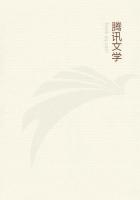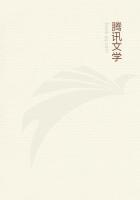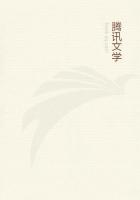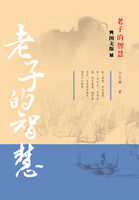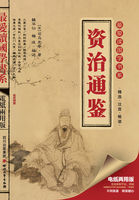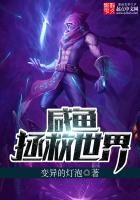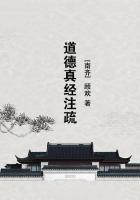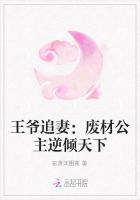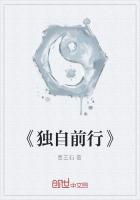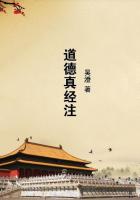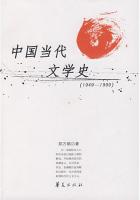A windmill stood in a plashy meadow; behind it was a long low hill, and "a grey covering of uniform cloud spread over the evening sky.It was the season of the year when the last leaf had just fallen from the scant and stunted ash." The manuscript concludes: "I suddenly remembered to have seen that exact scene in some dream of long--Here I was obliged to leave off, overcome with thrilling horror." And, apart from such overwhelming surges of emotion from the depths of sub-consciousness, he does not seem ever to have taken that sort of interest in the problems of the universe which is distinctive of the philosopher; in so far as he speculated on the nature and destiny of the world or the soul, it was not from curiosity about the truth, but rather because correct views on these matters seemed to him especially in early years, an infallible method of regenerating society.As his expectation of heaven on earth became less confident, so the speculative impulse waned.Not long before his death he told Trelawny that he was not inquisitive about the system of the universe, that his mind was tranquil on these high questions.
He seems, for instance, to have oscillated vaguely between belief and disbelief in personal life after death, and on the whole to have concluded that there was no evidence for it.
At the same time, it is essential to a just appreciation of him, either as man or poet, to see how all his opinions and feelings were shaped by philosophy, and by the influence of one particular doctrine.This doctrine was Platonism.He first went through a stage of devotion to what he calls "the sceptical philosophy," when his writings were full of schoolboy echoes of Locke and Hume.At this time he avowed himself a materialist.Then he succumbed to Bishop Berkeley, who convinced him that the nature of everything that exists is spiritual.We find him saying, with charming pompousness, "Iconfess that I am one of those who are unable to refuse their assent to the conclusions of those philosophers who assert that nothing exists but as it is perceived." This "intellectual system," he rightly sees, leads to the view that nothing whatever exists except a single mind; and that is the view which he found, or thought that he found, in the dialogues of Plato, and which gave to his whole being a bent it was never to lose.He liked to call himself an atheist; and, if pantheism is atheism, an atheist no doubt he was.But, whatever the correct label, he was eminently religious.In the notes to 'Queen Mab' he announces his belief in "a pervading Spirit co-eternal with the universe," and religion meant for him a "perception of the relation in which we stand to the principle of the universe"--a perception which, in his case, was accompanied by intense emotion.Having thus grasped the notion that the whole universe is one spirit, he absorbed from Plato a theory which accorded perfectly with his predisposition--the theory that all the good and beautiful things that we love on earth are partial manifestations of an absolute beauty or goodness, which exists eternal and unchanging, and from which everything that becomes and perishes in time derives such reality as it has.Hence our human life is good only in so far as we participate in the eternal reality; and the communion is effected whenever we adore beauty, whether in nature, or in passionate love, or in the inspiration of poetry.We shall have to say something presently about the effects of this Platonic idealism on Shelley's conception of love; here we need only notice that it inspired him to translate Plato's 'Symposium', a dialogue occupied almost entirely with theories about love.He was not, however, well equipped for this task.
His version, or rather adaptation (for much is omitted and much is paraphrased), is fluent, but he had not enough Greek to reproduce the finer shades of the original, or, indeed, to avoid gross mistakes.


